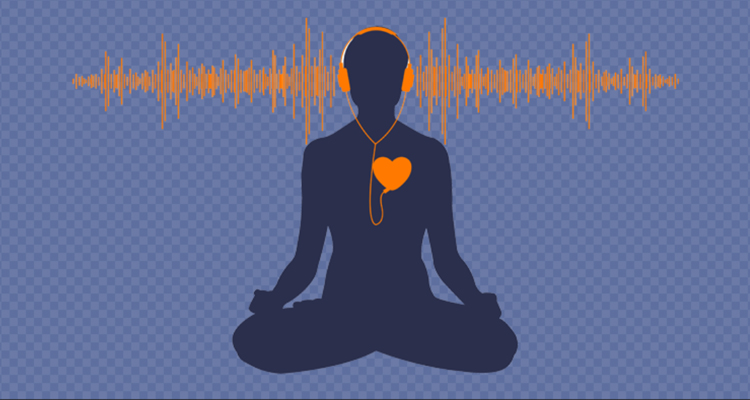
May is Mental Health Awareness Month. Did you know that approximately 1 in 5 adults in the U.S.—43.8 million, or 18.5%—experiences mental illness in a given year. This week we have Judi Santopietro, LMHC, a Behavioral Health Clinician at our Albany Health Center giving advice on how practicing meditation can improve your overall mental health.
—
Mindfulness Meditation has many positive effects on improving your physical health and emotional wellness. With this beautiful May weather take the time to go outside and heal yourself!
How to Do It:
1. Find a Location:
Find a lane that allows you to walk back and forth for 10-15 paces—a place that is relatively peaceful, where you won’t be disturbed or even observed (since a slow, formal walking meditation can look strange to people who are unfamiliar with it). You can practice walking meditation either indoors or outside in nature. The lane doesn’t have to be very long since the goal is not to reach a specific destination, just to practice a very intentional form of walking where you’re mostly retracing your steps.
2. Start Your Steps:
Walk 10-15 steps along the lane you’ve chosen, and then pause and breathe for as long as you like. When you’re ready, turn and walk back in the opposite direction to the other end of the lane, where you can pause and breathe again. Then, when you’re ready, turn once more and continue with the walk.
3. The Components of Each Step:
Walking meditation involves very deliberating thinking about and doing a series of actions that you normally do automatically. Breaking these steps down in your mind may feel awkward, even ridiculous. But you should try to notice at least these four basic components of each step:
a) the lifting of one foot;
b) the moving of the foot a bit forward of where you’re standing;
c) the placing of the foot on the floor, heal first;
d) the shifting of the weight of the body onto the forward leg as the back heel lifts, while the toes of that foot remain touching the floor or the ground.
-
Then the cycle continues, as you:
a) lift your back foot totally off the ground;
b) observe the back foot as it swings forward and lowers;
c) observe the back foot as it makes contact with the ground, heel first;
d) feel the weight shift onto that foot as the body moves forward
4. Speed:
You can walk at any speed, but in Kabat-Zinn’s Mindfulness Based Stress Reduction (MBSR) program, walking meditation is slow and involves taking small steps. Most important is that it feel natural, not exaggerated or stylized.
5. Hands and Arms:
You can clasp your hands behind your back or in front of you, or you can just let them hang at your side—whatever feels most comfortable and natural.
6. Focusing Your Attention:
As you walk, try to focus your attention on one or more sensations that you would normally take for granted, such as your breath coming in and out of your body; the movement of your feet and legs, or their contact with the ground or floor; your head balanced on your neck and shoulders; sounds nearby or those caused by the movement of your body; or whatever your eyes take in as they focus on the world in front of you.
7. What to do When Your Mind Wanders:
No matter how much you try to fix your attention on any of these sensations, your mind will inevitably wander. That’s OK—it’s perfectly natural. When you notice your mind wandering, simply try again to focus it one of those sensations.
8. Integrating Walking Meditation into Your Daily Life:
For many people, slow, formal walking meditation is an acquired taste. But the more you practice, even for short periods of time, the more it is likely to grow on you. Keep in mind that you can also bring mindfulness to walking at any speed in your everyday life, and even to running, though of course the pace of your steps and breath will change. In fact, over time, you can try to bring the same degree of awareness to any everyday activity, experiencing the sense of presence that is available to us at every moment as our lives unfold.
Source: Greater Good in Action
—
Whitney Young Health believes in treating the whole person, both mind and body. If you or someone you know is suffering due to their mental health, we can help. Please call (518) 591-4982 for more information or to set up an appointment with one of highly-qualified Behavioral Health Clinicians.
